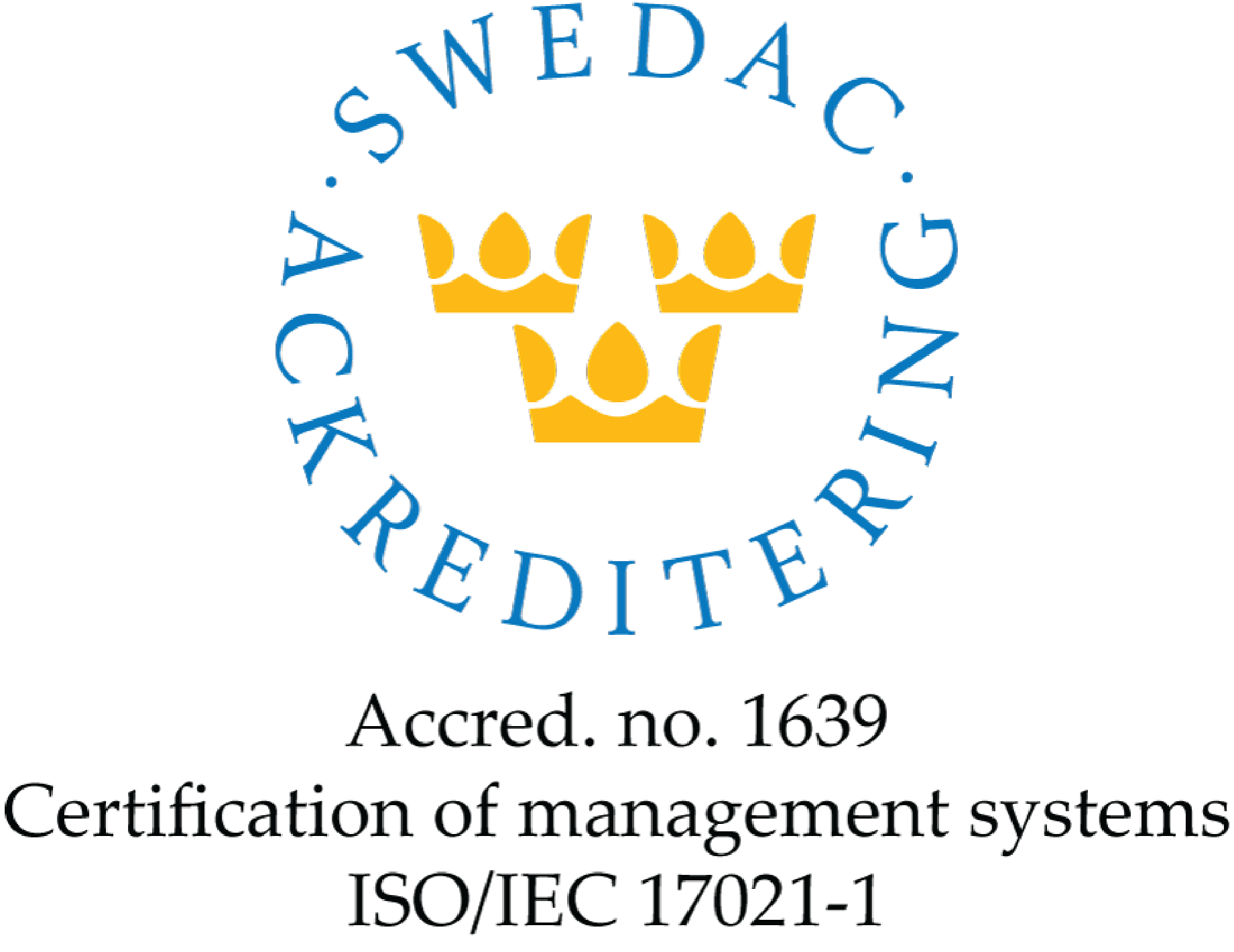Saving Costs And Elevating Tool Capabilities: CAN Bus Communications in Downhole Drilling Batteries
In the world of downhole drilling, precision and reliability are paramount. Technological innovations are continuously reshaping the industry landscape. One of the innovations currently gaining momentum is the use of Controller Area Network (CAN) Bus communications in downhole drilling batteries.
CAN Bus, a sophisticated and robust platform, opens the doors to real-time communication among components. Incorporating CAN Bus technology in downhole drilling batteries not only boosts operational efficiency, and minimizes waste, but also provides a significant competitive edge to tool manufacturers and end users.
The Power of CAN Bus:
Renowned for its exceptional reliability and ability to function effectively in electrically noisy environments, CAN Bus technology stands out as a robust solution. It provides both the hardware and software framework needed to facilitate seamless communication within complex systems.
In the context of downhole drilling, where electrical noise and interference present challenges to maintaining clear communication between systems, CAN Bus emerges as a promising option. When integrated into downhole drilling batteries, this technology ensures the lines of communication are kept open even when faced with less-than-optimal conditions. This resilience ensures uninterrupted performance in the demanding downhole environment.
A Shift in the Industry:
In comparison to alternative communication protocols, such as RS485 and proprietary QBUS, CAN Bus is emerging as the modern standard for downhole drilling batteries. This shift is primarily attributed to CAN Bus’ adaptability and its ability to tolerate electrical noise. However, a more advanced version, known as CAN FD is making waves in the automotive sector. This iteration facilitates faster data transmission and offers the ability to dynamically adjust data rates, making it an exciting prospect for the future of downhole drilling.
Practical Applications of CAN Bus:
The technical capabilities of CAN Bus bring cost and operational benefits for users of downhole drilling tools. Real-time communication with batteries enables on-the-fly monitoring of battery conditions, charge percentages, and overall performance. Manufacturers can even implement intelligent battery depletion strategies, prolonging battery life and reducing waste. Consider the scenario where two batteries are used together until a certain threshold is reached, resulting in one being discarded despite having unused capacity. With CAN Bus, batteries can be systematically depleted in sequence, optimizing their use and significantly cutting costs.
Cost Savings:
The ability to monitor battery conditions and manage depletion strategies through CAN Bus directly translates into time and money savings. Mike MacWillie, Excell Battery’s Director of Engineering provides insight into typical scenarios with and without CAN Bus communications;
“[The batteries] might still have 20% of their life left, but that’s not enough to complete a run. Whereas if you can communicate with batteries in real-time, you could put the 20% battery and a hundred percent battery into the same tool, deplete them one at a time, switch between them, and then completely deplete both. That 20% [battery] has an idea about when it’s going to shut off and switch over to the other one. So instead of throwing away that 20% capacity, you’ve used it on the next run even though it doesn’t complete the whole task”.
By implementing intelligent battery management, manufacturers can extend battery lifespan, enhance overall operational efficiency, and reduce the need for frequent replacements. How do the cost savings add up? MacWillie explains;
“There are some customers that run [batteries] once and throw them out, regardless of what’s left. There are some customers that will run them three or four times. And then there’s maybe 10% capacity left in it, But even 10% of a thousand dollar battery multiplied by a couple of hundred batteries a quarter, that’s a significant cost.”
Beyond just cost savings, this approach also minimizes downtime, boosting productivity and increasing competitiveness.
Elevating Tool Capabilities:
Legacy equipment may lack the advanced sensors and data collection capabilities of their modern counterparts. Retrofitting these tools with additional sensors can be both complex and costly. However, manufacturers can tap into the sensor data already available within the batteries by utilizing CAN Bus-equipped technology. Through CAN Bus communications, vital metrics become accessible, even if the tool itself lacks these sensors.
Imagine an older downhole drilling tool without a rotation sensor, a critical component for evaluating operational efficiency. Instead of investing in an expensive retrofit, manufacturers can leverage the rotation sensor present in the CAN Bus-enabled battery. By extracting rotation data from the battery via CAN Bus communications, the tool becomes capable of monitoring and optimizing its performance, all without expensive modifications..
A Success Story:
Now, let’s take a look at a real-life example of how CAN Bus technology has revolutionized the downhole drilling industry. A customer of Excell Battery’s which manufactures downhole drilling tools recognized the need for real-time communication and intelligent battery management. To harness these capabilities they turned to Excell’s Criterion batteries with built-in CAN Bus capability.
This collaboration led to the development of a custom CAN Bus communication protocol tailored to the manufacturer’s specific tools. Integrating this protocol into their equipment enabled them to establish direct real-time communication with their batteries. As a result, the manufacturer gained the capability to closely monitor battery conditions, charge levels, and other critical parameters while the tools were operational.
One of the remarkable outcomes of this partnership was the introduction of sequential battery depletion strategies. In the past, batteries were often discarded prematurely, resulting in wastage of remaining capacity. The implementation of intelligent battery management through CAN Bus revolutionized their approach. By sequentially depleting batteries, they maximized the usage of each cell, ultimately reducing waste and overall battery costs by optimizing battery lifespan.
The success of this tool to reduce end users’ costs and downtime propelled it to become an industry standard. The cascading impact of intelligent battery management, empowered by CAN bus, reverberated through their overall operations, improving efficiency and effectiveness.
Looking Ahead:
As the downhole drilling industry continues to evolve, embracing technological advancements like CAN Bus communications can provide a significant competitive edge. The capability to monitor, manage, and optimize battery performance in real-time is a game-changer. Manufacturers and end users that harness the power of CAN Bus can enhance operational efficiency, minimize waste, and maintain a strong foothold in a rapidly changing landscape.
In a world where precision, efficiency, and costs matter more than ever, CAN Bus communications are leading the charge toward a more intelligent and connected future for downhole drilling batteries. As the industry marches forward, those who embrace this technology stand to reap substantial benefits, both in terms of operational excellence and long-term success.



